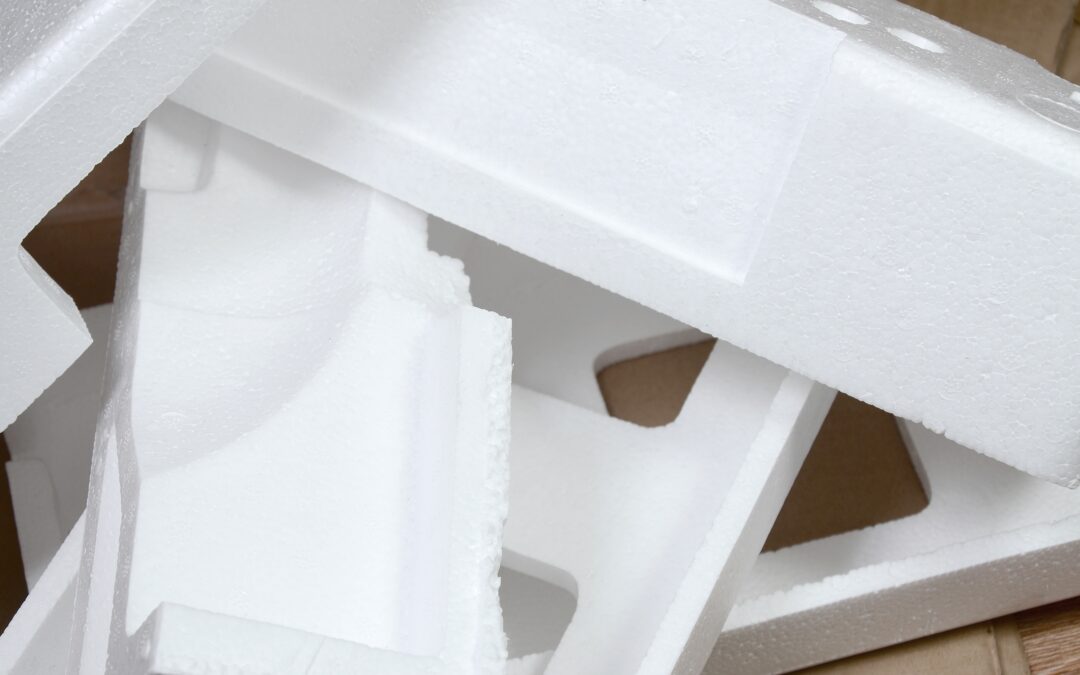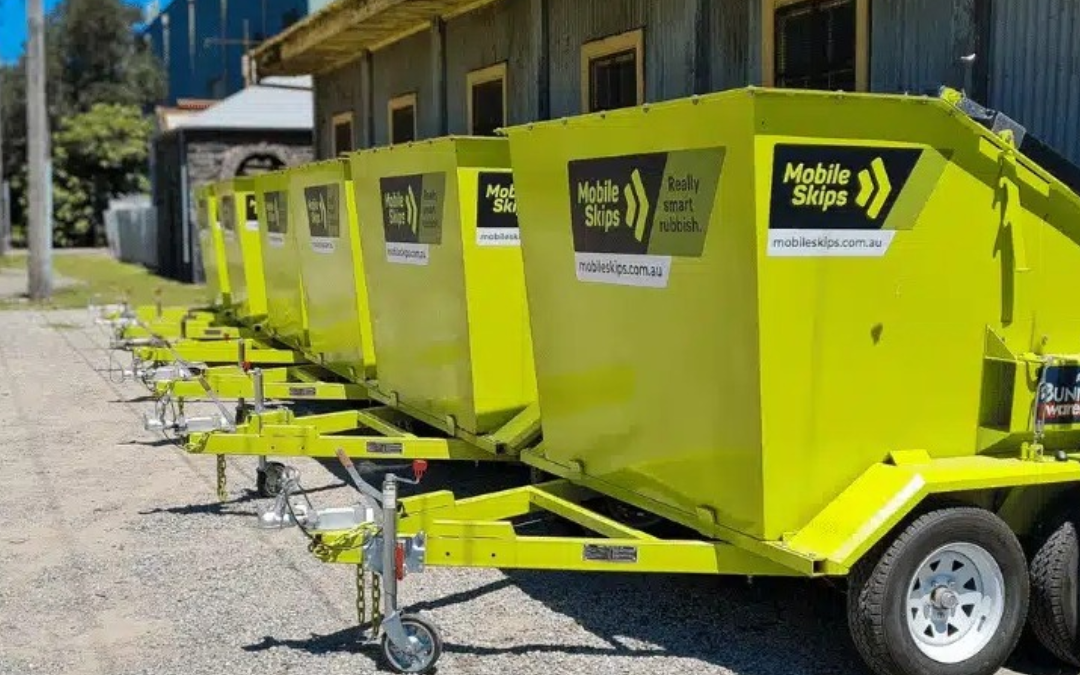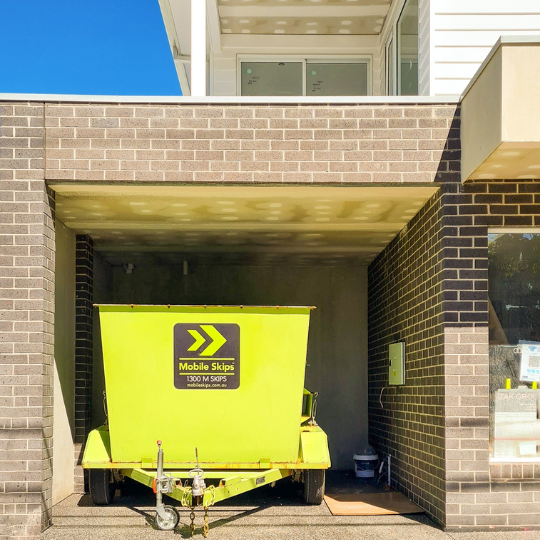Waste Disposal Methods
Gardening in your own little patch can be a joy, but dealing with garden waste—well, that’s a different story. Thankfully, there are smart and eco-friendly ways to handle it.
Green Ways to Ditch Garden Waste
Looking after both your garden and the environment means finding some sweet disposal tricks. For smaller gardens, this usually means taking advantage of curbside pickups, recycling yard waste, and using waste management methods that are kinder to Mother Earth.
Some popular green disposal methods are:
- Curbside Pickup: Many local councils offer this service for garden waste. Just chuck your garden debris on the curb and relax knowing it’ll be dealt with in an eco-friendly fashion.
- Recycling Garden Waste: Turn your garden leftovers into something useful. Leaves, branches, and other biodegradable bits can be transformed into mulch or compost.
- Composting: This is the good ol’ way to recycle garden scraps, turning them into rich, nutrient-filled fertilizer to give back to your plants.
Grasscycling and Mulching
Grasscycling and mulching are not just ways to deal with waste—they’re like giving your garden a health boost.
- Grasscycling: Leave grass clippings on the lawn after cutting. They break down super fast, dumping nutrients back into the ground. It’s an easy way to ditch fertilizers and keep the soil moist.
Perks of Grasscycling What It Does Nutrient Boost Returns nutrients, sprucing up your lawn Holds Moisture Keeps the ground damp, saving water Waste Cut Down Less garden trash to worry about - Mulching: Spread either organic or inorganic bits over your garden soil. This move doesn’t just cut garden waste but also pumps up soil health by keeping it moist, fighting off weeds, and adding nutrients as it decays.
Mulching Perks What It Does Water Saver Stops water from vanishing, keeping soil wet Weed Blocker Stops those pesky weeds in their tracks Soil Feeder Decomposes and enriches the soil
By jumping on these eco-friendly ideas, you can turn garden waste from a burden into a benefit. Not only do these tricks make waste management a breeze, but they also give your garden a lush, sustainable upgrade.
Keeping Your Garden Clean: A Quick Guide to Rules and Community Help
Ready to turn your garden into a tidy, eco-friendly paradise? It’s simpler than you’d think. Whether you’re a newbie or a seasoned green thumb, understanding the simple yet effective guidelines and community-backed tips can make all the difference.
The Rules, Minus the Boring Bits
Okay, so there are some rules you need to follow for chucking out garden waste, but they’re pretty straightforward. For folks in the U.S., the big one is the Resource Conservation and Recovery Act (RCRA). This act exists to keep you and the planet safe from nasty waste, encourage recycling, and cut down on junk (EPA).
In Australia, local councils do things their way. Rules might change slightly depending on where you live, but they generally cover:
- Waste Segregation: Separate your food scraps from plastic pots.
- Collection Schedule: Find out when the truck swings by for garden waste.
- Drop-off Spots: Know where you can offload that huge pile of leaves.
Here’s a cheat sheet to keep things simple:
| Watched Spot | What It’s About |
|---|---|
| Waste Segregation | Sort organic from non-organic stuff |
| Pick-up Schedule | When and how often garden waste is collected |
| Drop-offs | Where you can get rid of garden waste |
Get Help from the Neighbors
Sometimes it takes a village—to clean up your garden. Local councils and community groups often run sweet programs to help you out.
You might find:
- Community Composting: Drop your garden waste into a shared compost bin. It’s like magic for your plants.
- Green Waste Collections: Specialized pick-ups just for your garden clippings.
- Zero Waste Groups: These folks are serious about cutting down landfill waste.
Jumping into these programs not only makes waste handling a breeze, but also lets you join hands (metaphorically, no real handholding necessary) with your community to keep everyone a bit greener (Waste Removal USA).
In short, knowing the basic rules and leaning on community resources can make your garden a cleaner, more sustainable joy to maintain. It’s a win-win for you and Mother Earth.
Smart Ways to Handle Waste in Your Small Garden
Let’s talk about some nifty tricks to tackle waste in your small garden. These methods not only help with getting rid of waste but also give you an eco-friendly badge!
Cool Tricks for Organic Waste
We’re stepping up the game with some rad ways to handle your garden waste. Ever heard of mind-blowing composting techniques? They speed up how fast your garden leftovers break down. Think aerated static pile composting and in-vessel composting – fancy words that just mean controlled, fast, and efficient composting.
And then there’s the new kid on the block: microbial and enzymatic treatments. These bad boys munch through organic waste in no time, leaving behind top-notch compost to give your garden soil a solid boost. According to Waste Removal USA, using these tricks can cut down your waste big time and make your gardening greener.
Check out this quick comparison of how traditional composting stacks up against these advanced methods:
| Method | Time to Compost | Volume Reduction | Nutrient Quality |
|---|---|---|---|
| Usual Composting | 6-12 months | Moderate | Good |
| Aerated Static Pile | 3-6 months | High | Excellent |
| In-Vessel Stuff | 1-3 months | Very High | Excellent |
| Enzyme Magic | 2-4 weeks | Extremely High | Exceptional |
Why It Matters in the Long Run
Let’s get real – these advanced waste strategies are pretty awesome for the planet! By using these methods, you’re not just cleaning up your garden, you’re also hitting some environmental bullseyes. Like the ones the Resource Conservation and Recovery Act (RCRA) has set, such as keeping folks safe from hazardous waste, saving natural stuff, and getting rid of waste altogether (EPA).
Here’s why these pro tips are a win-win:
- Less Greenhouse Gas: Cutting-edge waste methods mean less methane from rotting waste, which is a total win for the air we breathe.
- Better Soil: The primo compost from these methods makes your garden soil richer and helps it hold water better.
- Saving Resources: Turning waste into compost means less junk in landfills and less need for chemical fertilizers.
By adopting these smart waste management methods, you’re making your small garden thrive while playing a part in a greener future. Good for you, great for everyone!
Composting at Home
Home composting is a sweet way to deal with waste for smaller gardens. Turning your garden and kitchen scraps into rich black gold not only cuts down on what you throw away but also makes your garden soil happy.
Why Composting Rocks
Composting at home brings plenty of perks. It’s one of the best ways to slash waste, help the planet, and beef up your soil by turning leftover food and yard waste into compost. Great for small gardens, it means less stuff in the trash and more nutrients in your garden.
Why Bother?
- Less Trash: Cuts your household garbage in half.
- Better Soil: Packs a punch with nutrients for your garden.
- Fewer Critters: Well-done compost doesn’t attract nosy pests.
- Earth-friendly: Reduces methane gas from landfills, which is a win for the environment.
The Vermicomposting Way
Vermicomposting, or worm composting, is a slick and simple method, especially if you’re tight on space. Worms transform organic waste into treasure-for-your-garden compost. You can do it inside or out, and it works great for small gardens.
Vermicomposting Perks:
- Space-saving: Fits in even the smallest spaces.
- Easy-peasy: Quick results with little effort.
- No Stink: No bad smells if done right.
- Pest-control: Won’t attract pests when properly managed.
| Step | What to Do |
|---|---|
| Pick a Bin | Get a container with air holes. |
| Add Bedding | Use damp newspaper strips or coconut coir. |
| Add the Worms | Red wigglers work best. Stick them into the bedding. |
| Feed Them | Toss in kitchen scraps like fruit peels, veggie bits, and coffee grounds. |
| Look After the Bin | Keep it moist, like a wrung-out sponge; give it a mix now and then. |
| Get the Good Stuff | In a few months, scoop out that sweet vermicompost and spread it in your garden. |
Vermicomposting is a top-notch choice if you want a hassle-free and space-saving composting method. It’s perfect for transforming kitchen waste into garden gold without much fuss.
Mobile Skips Waste Removal: Making Garden Cleanup a Breeze
Got a small garden that looks like it survived a tornado? No worries, Mobile Skips has your back! Say goodbye to your waste woes with a service that’s as easy as pie and green as your thumb.
Skip Hire Made Simple
Mobile Skips offers skip bins in different sizes to fit your needs. From mini skips to trailer skips and, of course, their signature mobile skips, there’s something for everyone, especially post-DIY projects turning your yard into an obstacle course. Expect the following handy perks:
- Swift Delivery: Your skip can show up within 3 hours of booking. Yep, just enough time to finish your coffee (Mobile Skips).
- No Sneaky Fees: One flat price covers everything. No surprises, just good old straightforward service (Mobile Skips).
- Flexible Sizes: There’s a skip for every kind of mess. Big or small, Mobile Skips sizes up to the task.
Keeping your garden spotless has never been this hassle-free.
| Service Option | Delivery Time | No Hidden Fees |
|---|---|---|
| Mini Skips | Within 3 hours | Yes |
| Trailer Skips | Within 3 hours | Yes |
| Mobile Skips | Within 3 hours | Yes |
Why Customers Love ‘Em
Mobile Skips boasts a 5-star rating for a reason. Efficiency, customer happiness, and earth-friendly vibes are their game. Here’s what makes them awesome:
- Eco-Friendly Waste Removal: They sort and weigh your junk at their depot, then whisk it off to registered recycling centers (Mobile Skips).
- Eco-Warrior Badge: By keeping over 7,000,000 kg of waste out of the landfill each year, Mobile Skips proves they’re doing right by Mother Earth (Mobile Skips).
- Customer-First Service: Convenience and dependability are baked right in, making them the go-to for garden trash trouble.
If you want to clean up your garden without the headache, think Mobile Skips. Their transparent service, quick response, and solid green practices will have your garden looking sharp and snag-free in no time.
Sustainable Garden Waste Management
Wallet-Friendly Disposal Ideas
Getting rid of garden waste doesn’t need to drain your savings. Here are some clever ways to handle it without breaking the bank:
| Disposal Method | Average Cost |
|---|---|
| Grasscycling | Free |
| Home Composting | Low (initial compost bin cost) |
| Council Green Waste Collection | $50 – $100/year |
| Community Waste Programs | Varies |
| DIY Bin Hire | $50 – $150/hire |
- Grasscycling: Just let grass clippings chill on your lawn after mowing. They’ll break down and nourish the soil for free. Your garden will thank you!
- Home Composting: Buy a compost bin once, and turn leaves and pruned branches into rich compost. Your garden gets the nutrients it needs, and you get to feel like a pro-gardener.
- Council Green Waste Collection: Many local councils offer this, often on a weekly or fortnightly basis. Check out what your council offers.
- Community Waste Programs: These groups often promote composting and mulching, providing invaluable resources and support. Plus, you get to meet like-minded garden enthusiasts.
- DIY Bin Hire: For larger clean-ups, hiring a mobile skip or bin is perfect. This way, you avoid the long-term commitment of a regular service.
Playing it Safe and Eco-Friendly
While clearing out your garden, it’s crucial to think about safety and environmental impacts:
- Burning Waste: Tempting as it may be, burning garden waste pollutes the air and harms the soil (Waste Removal USA). Plus, many areas regulate this practice, so check your local laws first.
- Composting Like a Pro: Balance is key. Too much green waste turns compost slimy. Mix in dry leaves or cardboard to keep it healthy.
- Chemicals and Caution: Be wary of chemical weed killers and fertilizers. They can harm beneficial insects and mess with your garden’s natural balance.
- Stay Safe: Always wear gloves to avoid scratches or contact with irritants. Use pruners and spades properly to prevent accidents.
- Proper Disposal: Never dump waste in forests or parks. It can introduce non-native plants and upset local ecosystems.
Knowing and applying these tips can help you make greener, safer choices for your garden.






